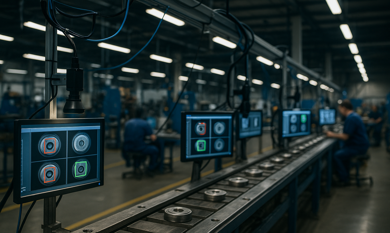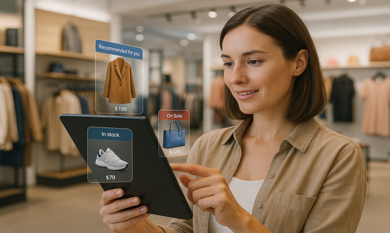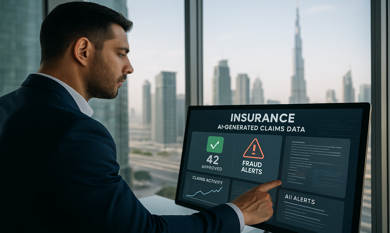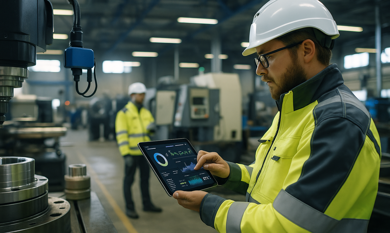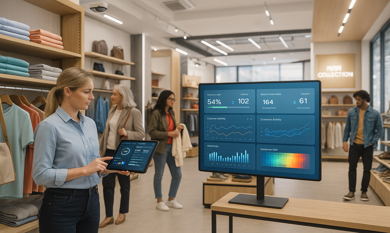In today’s fast-paced and highly competitive market, the food and beverage industry are embracing innovation to stay ahead — and IoT (Internet of Things) is leading this digital transformation. From improving supply chain efficiency to reducing food waste and ensuring food safety, IoT is driving smarter, data-driven decisions across the industry.
Let’s explore how IoT is reshaping the food and beverage sector — and how businesses can benefit from it.
1. Smart Supply Chain Monitoring: From Farm to Shelf
Supply chains in the food & beverage industry are often complex, involving multiple stakeholders — farmers, distributors, logistics partners, and retailers. Here, IoT solutions provide real-time visibility at every stage.
With connected sensors and GPS-enabled devices, businesses can track:
- Temperature and humidity in storage and transit
- Location and movement of goods
- Real-time shelf life and product freshness
This ensures that perishable items like dairy, meat, and fresh produce are stored and delivered under optimal conditions. It not only reduces spoilage but also improves accountability in the supply chain.
2. Food Safety & Quality Assurance
Maintaining food safety is critical — and even one slip can damage a brand’s reputation.
IoT-enabled sensors and monitoring systems now allow food manufacturers to:
- Detect contamination risks early
- Ensure equipment cleanliness through automated checks
- Receive instant alerts for abnormal storage temperatures
These systems work around the clock, ensuring that food quality always meets compliance standards.
For example, Sugarcreek, a major meat processor in the U.S., uses IoT sensors to track environmental conditions and identify risks before products reach consumers. This real-time data-driven approach has significantly improved their safety protocols. (Source)
3. Inventory Management and Waste Reduction
Overstocking, understocking, and expired goods are common challenges in food inventory management. IoT tackles this with smart storage solutions and automated stock tracking.
With IoT, businesses can:
- Track inventory levels in real-time
- Predict demand with AI-powered analytics
- Reduce waste by optimizing shelf life and storage
Smart shelves, connected refrigerators, and cloud dashboards now allow managers to make better purchasing and stocking decisions — saving money and minimizing losses.
4. Smarter Packaging and Consumer Engagement
Today’s consumers want to know everything — from where their food comes from to how it was stored. IoT enables smart packaging with QR codes, NFC tags, and RFID labels that consumers can scan for full product transparency.
This builds trust by sharing:
- Ingredient origin and sourcing details
- Manufacturing and expiry dates
- Nutritional info and certifications
Smart Label is one such initiative that enables brands to digitize product details for customer access. It’s a brilliant example of how technology enhances brand transparency and consumer confidence.
5. Predictive Maintenance for Equipment
Breakdowns in machinery can bring entire food production lines to a halt. With IoT-based predictive maintenance, equipment is constantly monitored for performance and wear and tear.
Sensors track:
- Machine temperature and vibration
- Usage cycles
- Downtime trends
This helps identify potential issues before they turn into costly breakdowns.
One example is Cornelius, a beverage dispensing brand, which used an IoT-powered system to remotely track and manage their machines — reducing service costs and improving uptime.
6. Energy Optimization & Sustainability
Energy consumption is another major cost for food processing plants and cold storage facilities. IoT energy management systems analyze real-time usage and help identify inefficiencies.
This leads to:
- Reduced electricity bills
- Lower carbon footprint
- Better regulatory compliance
Global brands like Anheuser-Busch have already adopted IoT sensors to optimize their brewery operations, leading to a measurable drop in fuel usage and CO₂ emissions.
Conclusion
The future of the food and beverage industry is smart, connected, and data-driven. IoT is no longer just a tech buzzword — it’s a practical solution to real challenges, whether it’s reducing waste, ensuring food safety, or managing inventory.
By embracing IoT solutions, businesses can increase operational efficiency, gain a competitive edge, and offer better experiences to their customers.
Ready to modernize your food business with IoT?
Theta Technolabs is a trusted IoT development company in Ahmedabad offering tailored IoT solutions for the food and beverage sector. Whether you're managing supply chains, optimizing energy use, or improving product traceability — we help you build smart systems that scale.



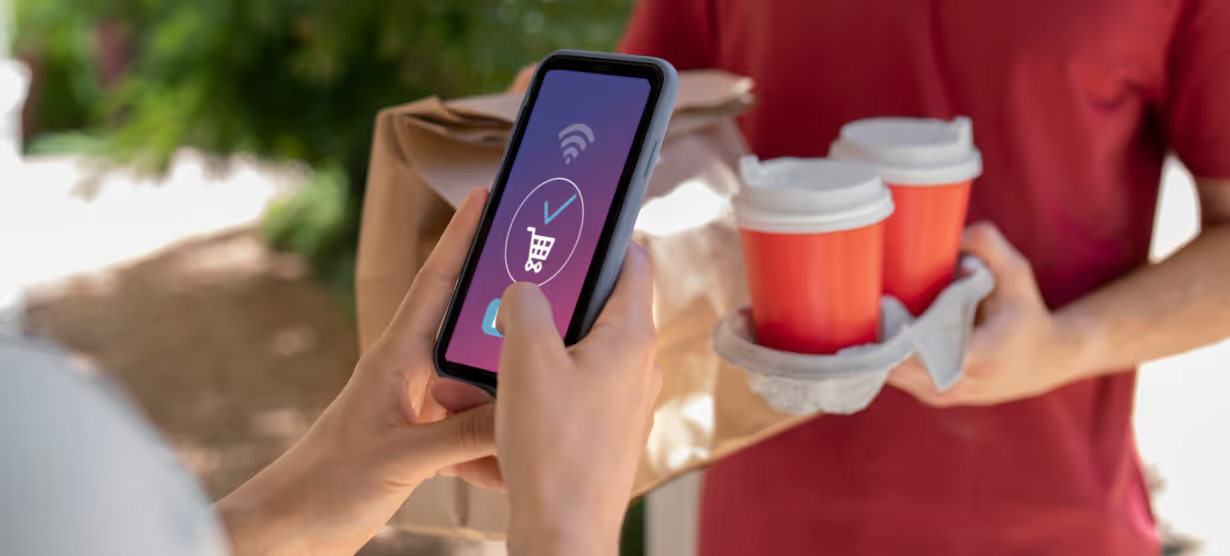












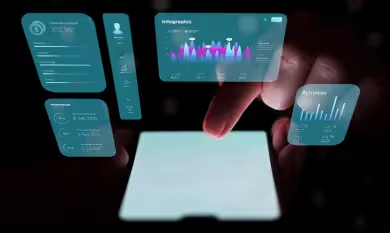

_Computer%20Vision-enabled%20Web%20and%20Mobile%20Interfaces%20for%20Mall%20Management%20in%20Dubai_Q1_In_24.avif)
_Smart%20Solutions%20for%20Healthcare_%20How%20IoT%20Development%20is%20Reshaping%20Dubai%20Hospitals_Q1_In_24.avif)
_Automated%20Checkout%20Systems.avif)
_Smart%20Manufacturing%20in%20Dubai_%20How%20AI%20is%20Driving%20Efficiency%20and%20Innovation_Q1_In_24.avif)

_Understanding%20the%20Impact%20of%20AI%20and%20Machine%20Learning%20on%20Fintech%20Web%20Apps%20in%20Dubai_Q2_24.avif)
_Explore%20the%20Best%20Cross-Platform%20App%20Development%20Frameworks%20of%202024_Q3_24.avif)
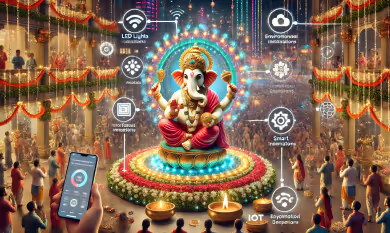

_Top%20Benefits%20of%20Cloud%20Computing%20for%20All%20Business%20Sectors_Q2_24.avif)
_Integrating%20IoT%20with%20Mobile%20Apps%20for%20Advanced%20Renewable%20Energy%20Solutions_Q2_24.avif)
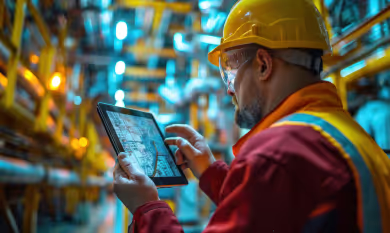
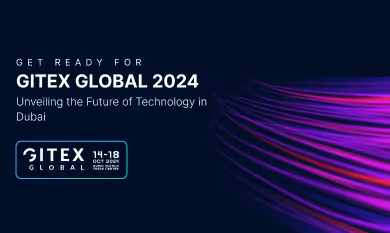
_The%20Transformative%20Role%20of%20Open%20Banking%20APIs%20in%20Fintech%20for%202024_Q3_24.avif)
_Choosing%20the%20Right%20Computer%20Vision%20Development%20Partner%20in%20Ahmedabad%20for%20Construction_Q3_24.avif)
_Node.js%20and%20Blockchain_%20A%20Perfect%20Pair%20for%20Fintech%20Innovation%20in%20Dubai_Q3_24.avif)
_How%20AI%20Development%20Companies%20in%20Ahmedabad%20are%20Transforming%20the%20Shopping%20Experience_Q4_25.avif)
_How%20IoT%20Can%20Reduce%20Energy%20Costs%20in%20Smart%20Factories_Q4_25.avif)

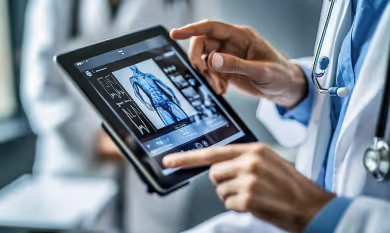

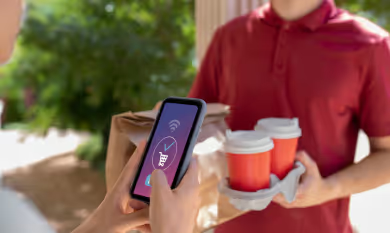


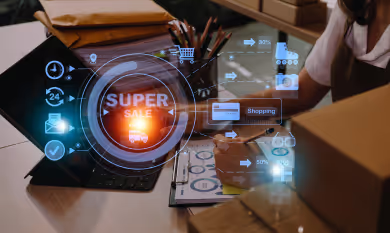
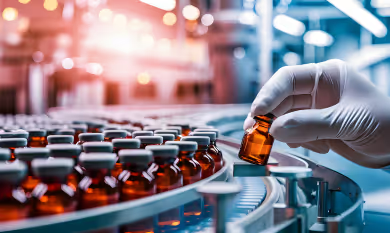




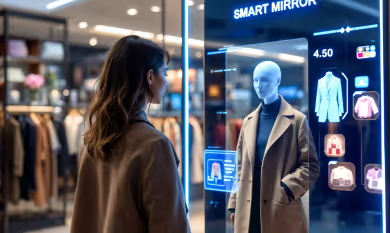
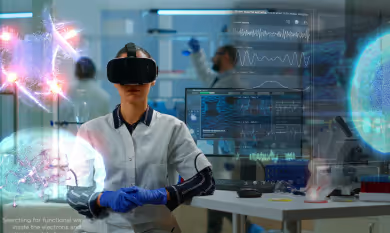
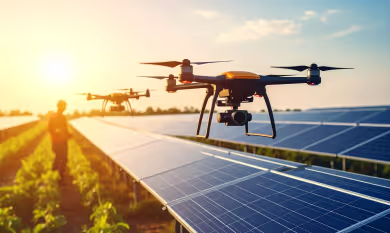
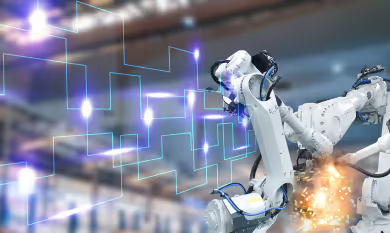
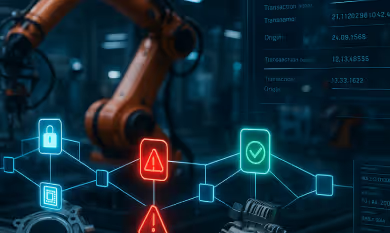
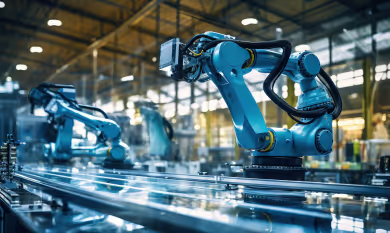



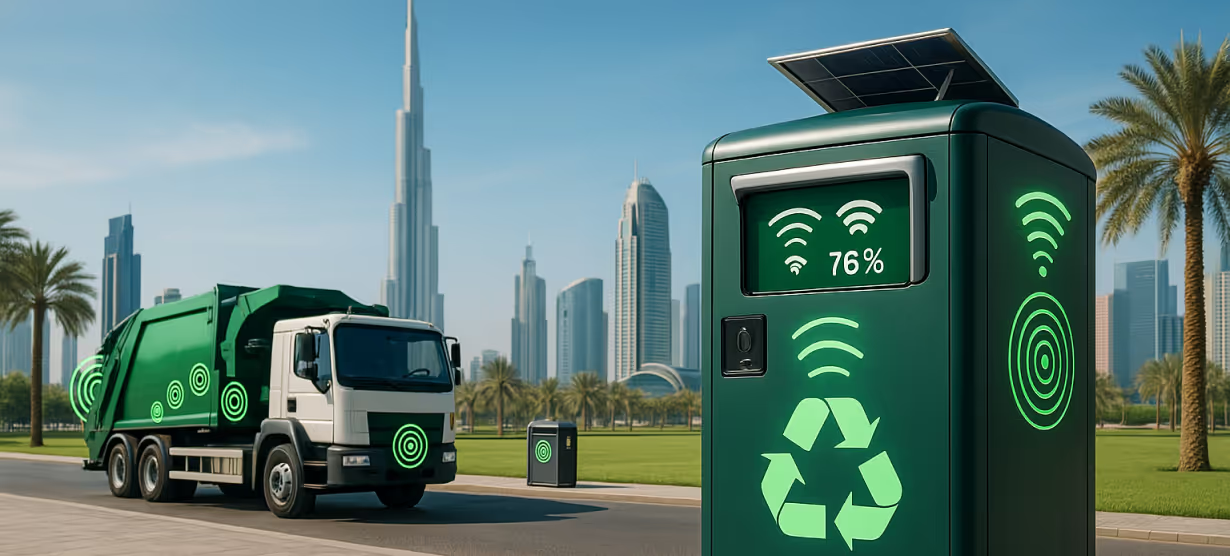
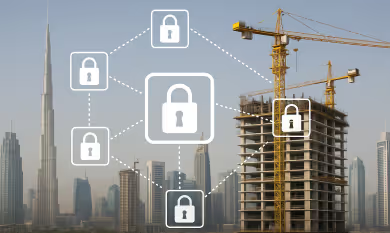
.avif)
.avif)
.avif)

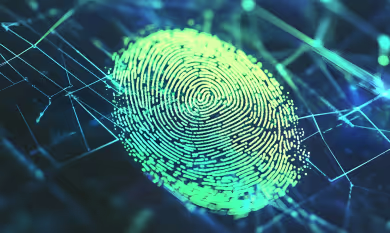

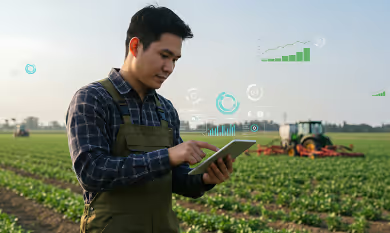
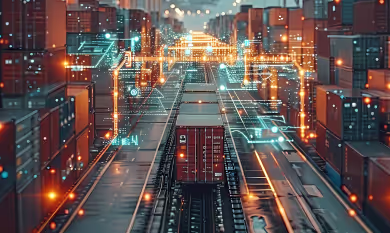
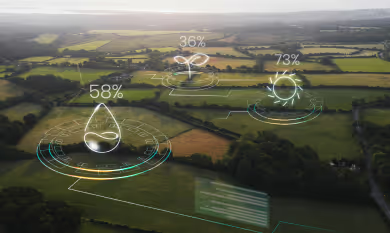

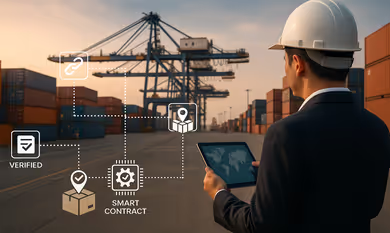
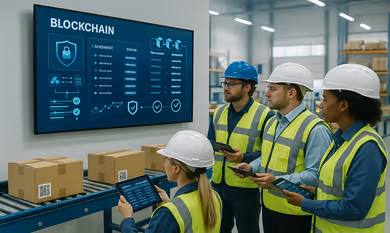

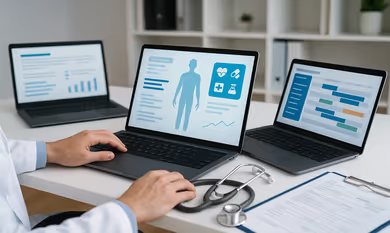

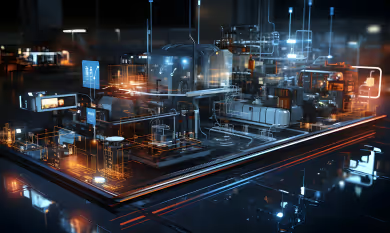
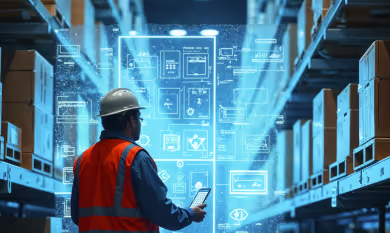
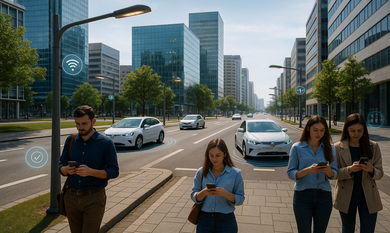
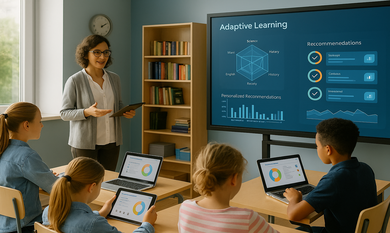

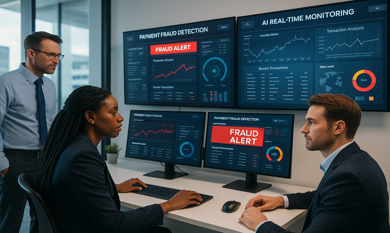

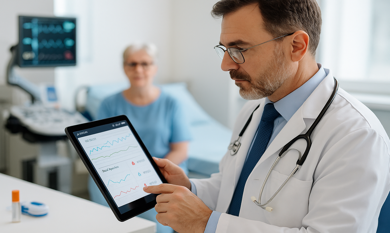
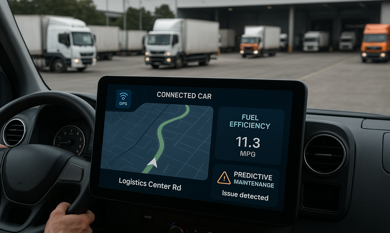
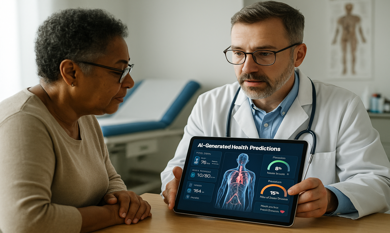

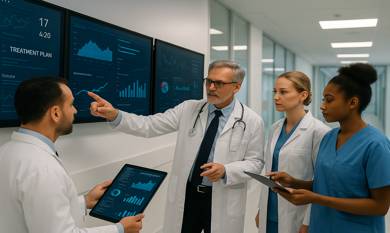

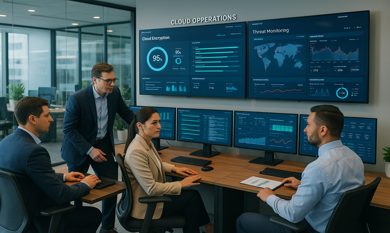

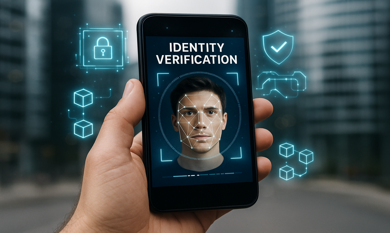



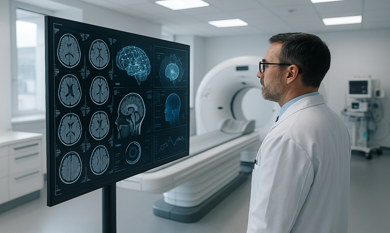
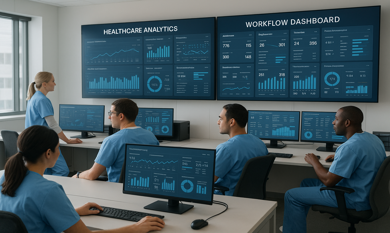
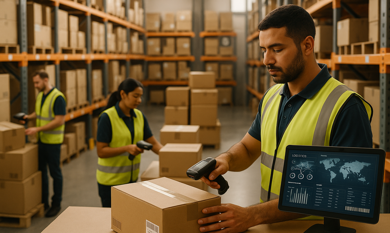
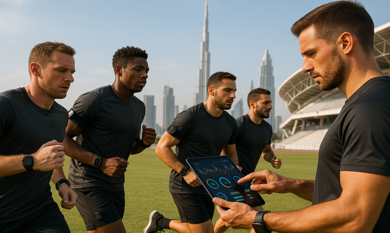


.png)


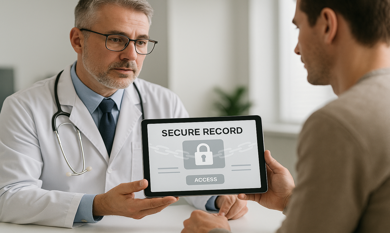


.png)
